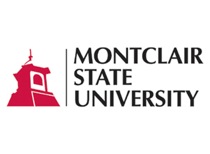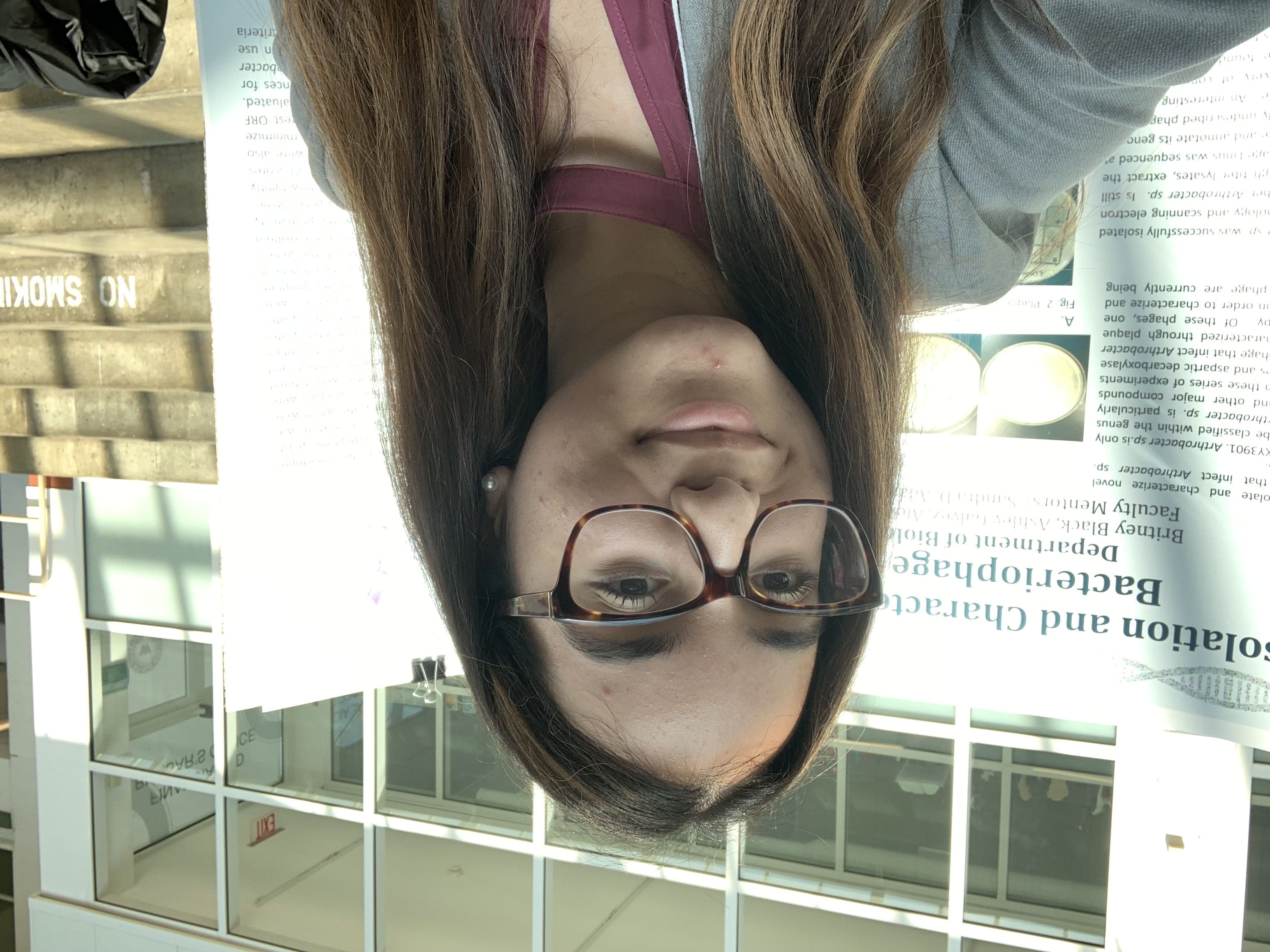Below is a summary of the abstract you submitted. Presenting author(s) is shown in bold.
If any changes need to be made, you can modify the abstract or change the authors.
You can also download a .docx version of this abstract.
If there are any problems, please email Dan at dar78@pitt.edu and he'll take care of them!
This abstract was last modified on May 1, 2019 at 10:36 a.m..

The goal of this study was to isolate and characterize novel bacteriophages from New Jersey soil samples that infect Arthrobacter sp. and Mycobacterium smegmatis. Soil samples were collected from diverse locations in northern New Jersey. Bacteriophage infecting Arthrobacter sp. and M. smegmatis were successfully isolated from enriched soil samples that were screened for their ability to form plaques on separate lawns of both species of bacteria. DNA was extracted from high titer lysates. Of the phages isolated in 2018, one M. smegmatis phage (Gator) and one Arthrobacter sp. phage (Linus) were sequenced and annotated in 2019. Gator is a cluster E temperate phage with a putative 133 genes (including two tRNA genes). Gator is the first temperate phage to be isolated at MSU as part of the SEA-PHAGES genomics course. Linus is a cluster AR lytic phage with a putative 109 genes. Like other AR phages, all but five of Linus’s 109 genes are transcribed using the top strand of DNA, with the five genes transcribed from the bottom strand surrounded by forward genes.

